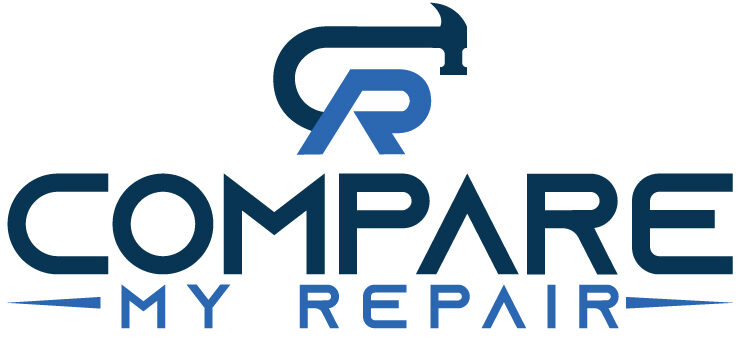Smart home automation has become increasingly popular, offering convenience, efficiency, and enhanced control over various aspects of your home. From controlling lights and appliances to managing security systems and temperature settings, smart home technology allows you to streamline and automate your daily tasks. When it comes to installation, you have the option of DIY or professional installation. In this blog, we will explore the pros and cons of both approaches to help you make an informed decision about which option is best for you.
DIY Installation:
- Cost-Effective:
One of the biggest advantages of DIY installation is cost savings. By installing smart home devices yourself, you can avoid the expenses associated with professional installation fees. This makes DIY installation an attractive option for budget-conscious homeowners. - Flexibility and Control:
DIY installation provides you with the flexibility to choose the devices and systems that best fit your needs. You can mix and match different brands and models to create a customized smart home setup. Additionally, DIY installation allows you to have full control over the installation process and make adjustments as needed. - Learning Experience:
Installing smart home devices yourself can be a valuable learning experience. It gives you the opportunity to understand the technical aspects of the technology and how it integrates with your home. This knowledge can be empowering and enable you to troubleshoot any issues that may arise in the future.
Professional Installation:
- Expertise and Experience:
Professional installation offers the advantage of expertise and experience. Certified installers have in-depth knowledge of smart home technology and can ensure that your devices are installed correctly and optimally. They can provide guidance on the best placement of devices and help you maximize the functionality of your smart home system. - Time-Saving:
While DIY installation can be rewarding, it can also be time-consuming, especially if you are not familiar with the technology. Professional installers can complete the installation process efficiently, saving you time and effort. They can also handle any technical complexities and ensure that your system is up and running smoothly. - Warranty and Support:
Professional installation often comes with warranties and ongoing support. If any issues arise with your smart home devices, you can rely on the expertise of the installer to resolve them. This can provide peace of mind and added reassurance that your smart home system is in good hands.
Conclusion:
Both DIY and professional installation have their own advantages and considerations when it comes to smart home automation. DIY installation offers cost savings, flexibility, and a valuable learning experience. On the other hand, professional installation provides expertise, time-saving benefits, and ongoing support. Consider your budget, technical skills, and the complexity of your smart home system when making a decision. Whether you choose to go the DIY route or opt for professional installation, incorporating smart home automation into your home will undoubtedly enhance convenience, efficiency, and control over your living space.










